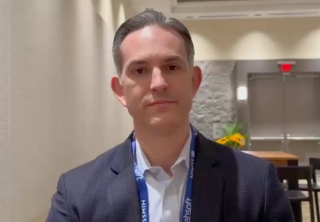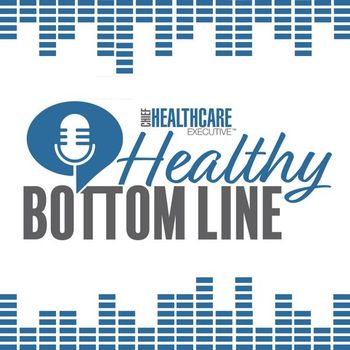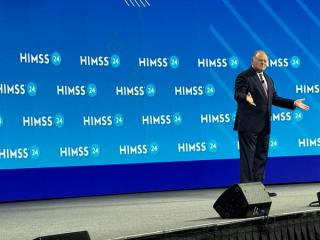
Data + Technology
Latest News
Latest Videos

Podcasts
More News

AI will help nurses take better care of patients, if deployed properly. Lavonia Thomas of the University of Texas MD Anderson Cancer Center talks about keys to success.

The company partners with a number of health systems to operate small hospitals with a telemedicine concept, and more are in the works.
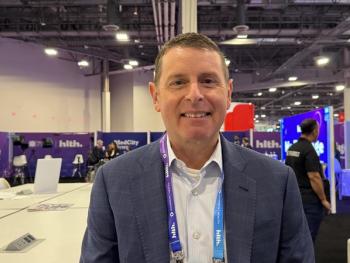
In a conversation with Chief Healthcare Executive, Don Antonucci talks about the problems with high costs and a lack of access. He talks about how the health plan is using AI to solve some problems.
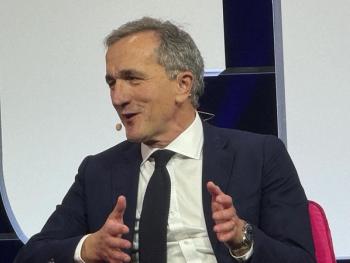
Tom Mihaljevic, MD, says he’s very enthusiastic about AI applications, but he said they need to be designed and implemented carefully.

Dr. Kyu Rhee is worried about closures in the wake of the tax package approved in the summer. But he sees the potential for a greater role for community health centers with the right support.

Baxter Lee of Clearwater says healthcare organizations are incorporating AI in their defenses, but not at the same speed as ransomware groups.

The official mascot of the health tech conference brings some fun and cheer to the event.

The HLTH conference kicks off this Sunday in Las Vegas, and it’ll spotlight important conversations during a turbulent time.

Thousands are attending the health technology conference in Las Vegas, which began Sunday. Hundreds of sessions will feature AI, digital health, and federal policy.

The healthcare technology conference is becoming an increasing draw for new companies aiming to connect with investors.

Medicare waivers supporting telehealth programs expired Oct. 1. Providers are angry over an interruption that they say should have been avoided and needs to be resolved.

At Sanford Health’s summit on rural health care, the leaders of four health systems talk about the need for new solutions to care for patients.
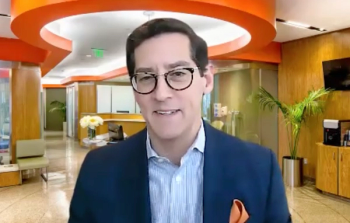
Todd Latz talks about the company’s partnerships with hospital systems and the impact of Medicaid changes in the latest episode of Healthy Bottom Line, a podcast from Chief Healthcare Executive.

Chris Stenglein, founder and CEO of Curae, talks about the company’s growth, working with providers on payment platforms, and engaging patients.

The partnership is designed to improve the patient experience and ease burdens on clinicians. They see AI as a tool to create more consistency and even more empathy.
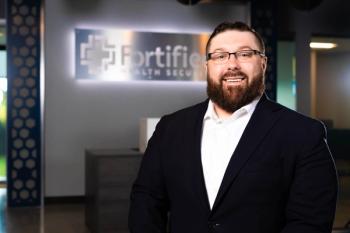
As attacks grow in frequency and sophistication, the ability to respond quickly is critical.

Congress has yet to agree on a spending plan, and one of the big healthcare priorities centers on telehealth, including hospital-at-home programs.
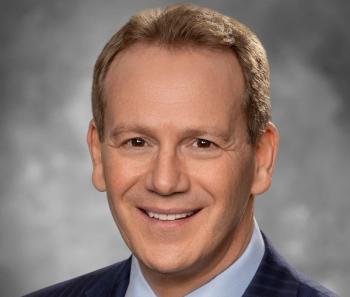
Michael Charlton, head of the New Jersey system, discusses work to improve the region’s health, partnerships with Oracle and the Cleveland Clinic, and a day with Dr. Oz.

When digital tools lack appropriate oversight and compliance features, they have the potential to expose health systems to significant liability.
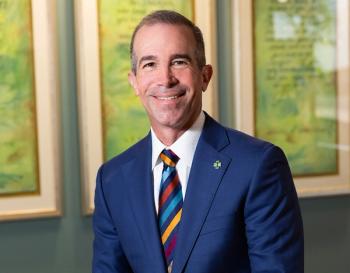
Erik Wexler, president and CEO of Providence, talks about the system’s focus on artificial intelligence, its strategy for the next five years, and digital tools to help patients and providers.

A digital health leader, Rock talks about his company, AI, and his career as a founder in the latest edition of our podcast, Healthy Bottom Line.
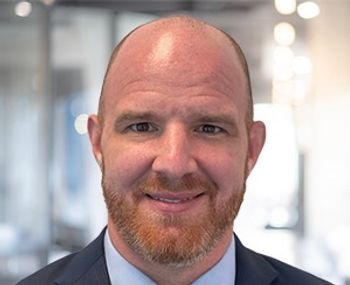
When users, including C-suite executives, are exempt from aggressive social engineering, they can become complacent and one of the weakest links in your defense perimeter.
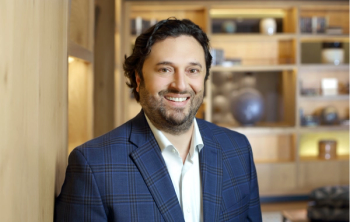
Most say they are optimistic about its potential, but they don’t have a clear clinical strategy for AI. Dan D’Orazio of Sage Growth Partners talks about a survey of executives on AI.

While the comprehensive evidence base for virtual nursing is still evolving, there are compelling reasons for optimism.

Cybersecurity is not just about firewalls and antivirus software; it’s about discipline, training, and unity.














